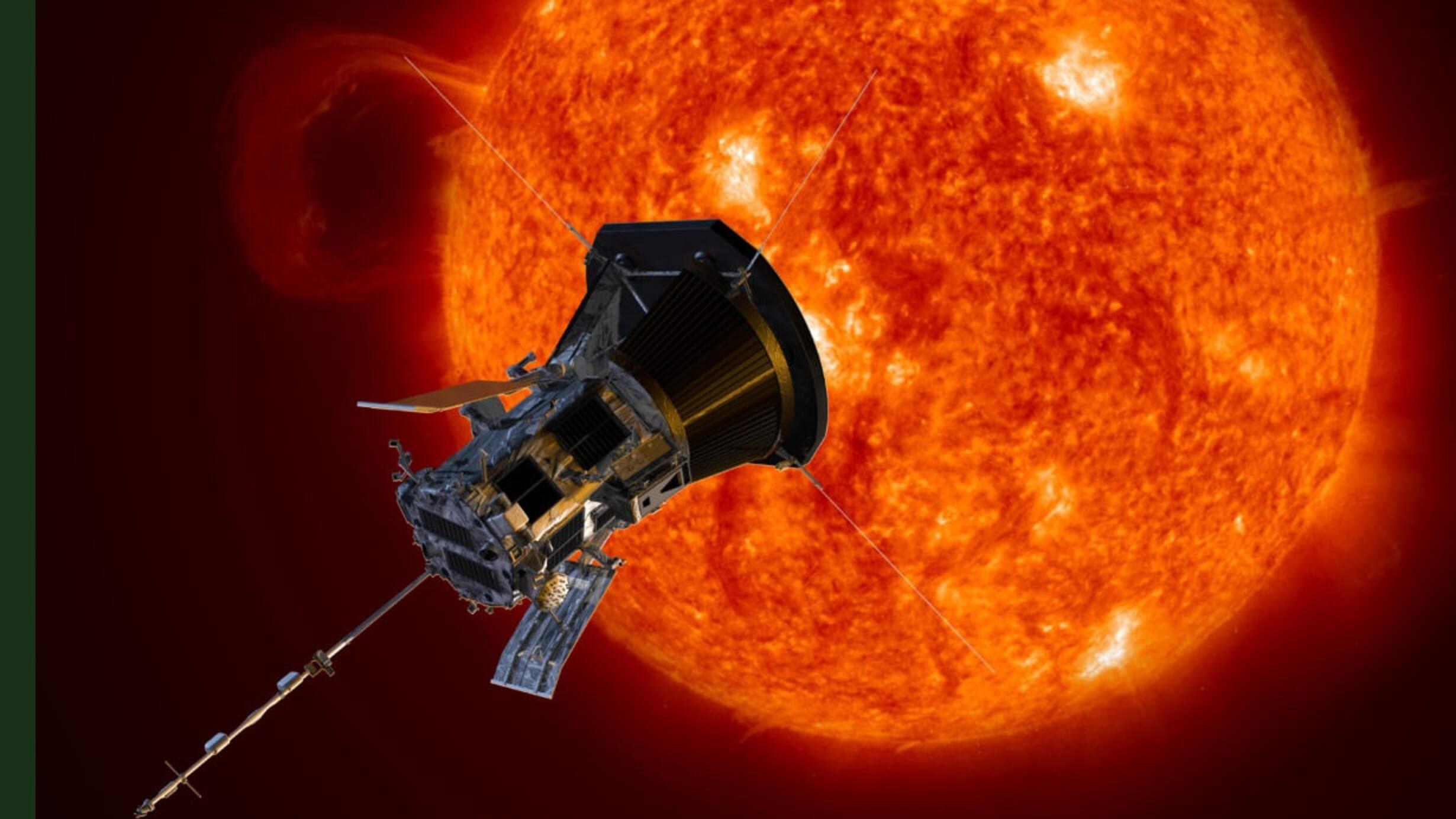This program utilizes OpenSpace software supported by NASA under award No NNX16AB93A. Any opinions, findings, and conclusions or recommendations expressed in this material are those of the author(s) and do not necessarily reflect the views of the National Aeronautics and Space Administration.
 NASA/Johns Hopkins APL/Steve Gribben
NASA/Johns Hopkins APL/Steve Gribben